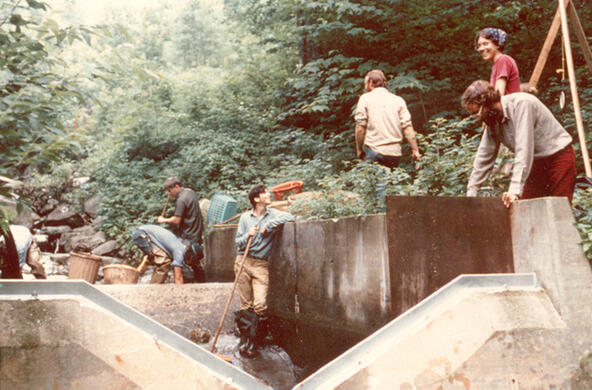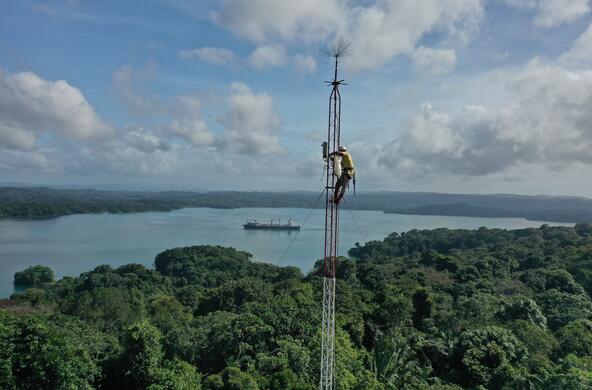In the past few months, I have met several people who have asked me if I was really worried about what the Trump administration was doing to the environment. The question has caught me flat-footed, for the answer seems so obvious. There are a lot of actions, through Executive Orders, appointments, and proposed policies that will be hard to undo and their change permanent.
In the case of climate change, the exodus of the United States from the Paris Agreement casts a shadow on the ability of all the nations of the world to commit to reducing their emissions of greenhouse gases before we reach a threshold of global warming that causes irreversible and critical damage. As I watch the satellite pictures arrive from Antarctica, I fear that an accelerated ice-pack melting and rise of sea level is upon us. If we don’t do something meaningful and very soon to reduce the levels of greenhouse gases in the atmosphere, global climate change will be permanent. Perhaps rising seas will flood the President’s Mar-a-Lago resort and at last capture his attention.
Executive orders to reexamine the establishment of National Monuments are also troubling. In my own state (Maine), the Katadhin Woods and Waters National Monument was established by President Obama, as a result of a gift to the U.S. government of more than 80,000 acres from a private donor. What kind of logic suggests that we refuse that gift? In many cases, the release of Federal lands will allow these areas to fall back into the realm of development, mining, and oil exploration, forever scarring the landscape.
And what kind of logic would suggest that we abandon the Clean Water Rule that recognizes that all river waters begin with small streams that empty into larger water bodies Eliminating protection of small streams would allow anyone to contaminate a small, perhaps even intermittent, stream and thus a raft of waterways that are down slope from it. Working secretly without scientific input, EPA Administrator Scott Pruitt seems driven to roll back environmental regulations that are annoying to farmers and industry, forgetting that regulations of what can be discharged into surface waters were put in place for human health, which is essential to economic prosperity.
Weakening or ignoring the protections of the Endangered Species Act subjects our heritage of biodiversity to extinction. Often the most effective measures for the environment are those that preserve habitat for wildlife populations. When the mountaintops of West Virginia are gone and the streams in their valleys are filled by coal mining debris, these areas will not “come back” in anything short of geologic time. There is no more fundamental resource for hunters and fishermen than natural habitat. As a self-professed sportsman, Interior Secretary Zinke should be leading the charge to protect public lands.
This is not the time to be rolling back environmental protections. The world and the U.S. population have grown, but our planet has not. Nationalists may chant, “Take back our country,” but they will quickly find that it is not the verdant landscape of 200 years ago.
We will not make America great again if we can’t breathe the air, drink the water, or find mental refreshment and recreation in natural areas. If these resources are allowed to disappear, they will not be recaptured by future generations. The footprint of Trump will be permanent.








